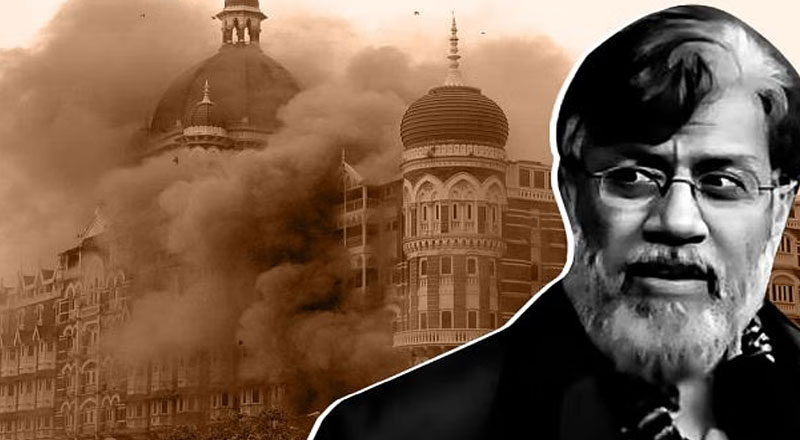The Ghosts of 26/11 Return
Seventeen years ago, the heart of Mumbai was ripped apart by one of the deadliest terror attacks in India’s history. On November 26, 2008, ten heavily armed terrorists, trained by the Pakistan-based Lashkar-e-Taiba (LeT), unleashed coordinated assaults on multiple locations including the Taj Mahal Palace Hotel, Chhatrapati Shivaji Maharaj Terminus, and Nariman House. The attacks lasted for four harrowing days, leaving 166 people dead and over 300 injured.
While India brought Ajmal Kasab, the lone surviving terrorist, to justice swiftly, the planners behind the massacre remained elusive, sheltered by layers of foreign jurisdictions and diplomatic complexity. But the long arm of justice has now reached one of the key conspirators—Tahawwur Hussain Rana, a Pakistani-origin Canadian national, who was extradited from the United States to India on April 10, 2025.
Tahawwur Rana Lands in India: High Security and Strategic Secrecy
Rana’s arrival in Delhi marked a watershed moment in India’s pursuit of justice. Extradited from Los Angeles after exhausting all legal appeals in the U.S., the 64-year-old was handed over to Indian authorities under a cloak of secrecy. A special flight, hidden behind a dummy code to avoid flight tracker detection, brought him to Indian soil—its movement reportedly monitored in real-time by the Prime Minister’s Office (PMO).
On arrival, he was immediately produced at the NIA Special Court at Patiala House, which remanded him to 18-day custody under the National Investigation Agency (NIA). He is currently held in a high-security cell within the NIA headquarters, monitored around the clock with multiple layers of surveillance.
The 'Special 12': India's Elite Interrogation Team
Beginning April 11, Rana will face intense interrogation led by the NIA’s elite “Special 12” unit—comprising two Inspector Generals, a DIG, a Superintendent of Police, and senior officials including NIA Chief Sadanand Date. DIG Jaya Roy is reportedly heading the daily sessions. Each conversation will be recorded in a detailed interrogation diary, with progress reports sent to the Ministry of Home Affairs.
Medical evaluations, required every 48 hours, are in place given Rana’s reported ailments including chronic asthma, Parkinson’s, and suspected bladder cancer.
Lines of Questioning: Identity, 26/11 Role, ISI Links
- Establishing Identity and Background
- His Role in the 26/11 Attacks
- The ISI Connection





















